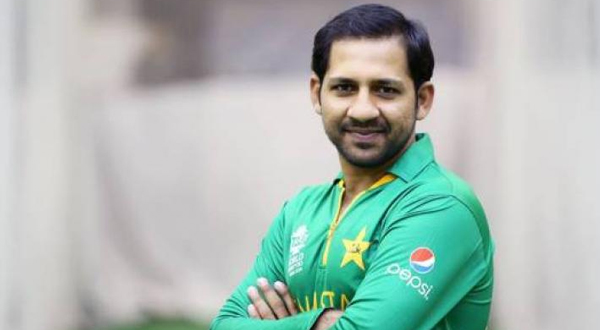Some horrible show dozens of villagers including young children on a remote Atlantic island hunting down and slaughtering a pod of whales, colouring the water red with blood.
The practice, known as whale driving, saw children as young as five take part in the hunt of some 180 whales in the village of Sandavágur on Vágar island last month.
Every summer, hundreds of pilot and beaked whales are killed across the Faroe Islands, a Danish archipelago located hundreds of miles off the Scottish coast between Norway and Iceland.
Whale driving on the Faroe Islands date back to the late 16th century and involve residents herding pods of whales into shallow waters.
They are then killed using a ‘spinal lance’ that is inserted through the animal’s neck to break its spinal cord.
While locals have been carrying out the annual hunts ahead of the sparse winter months for centuries, the practice often come off as shocking and gruesome to outsiders.
The hunt has been criticised by animal rights campaigners in the past, who say the ritual is cruel and unnecessary.
However, the local government says the hunting is not only sustainable, but ensures that the islands, which has a limited opportunities for farming, are as self-sufficient as possible.
Each whale provides several hundreds of kilos of meat and blubber, food which would otherwise have to be imported from abroad to the islands at a cost to the locals and the environment.





